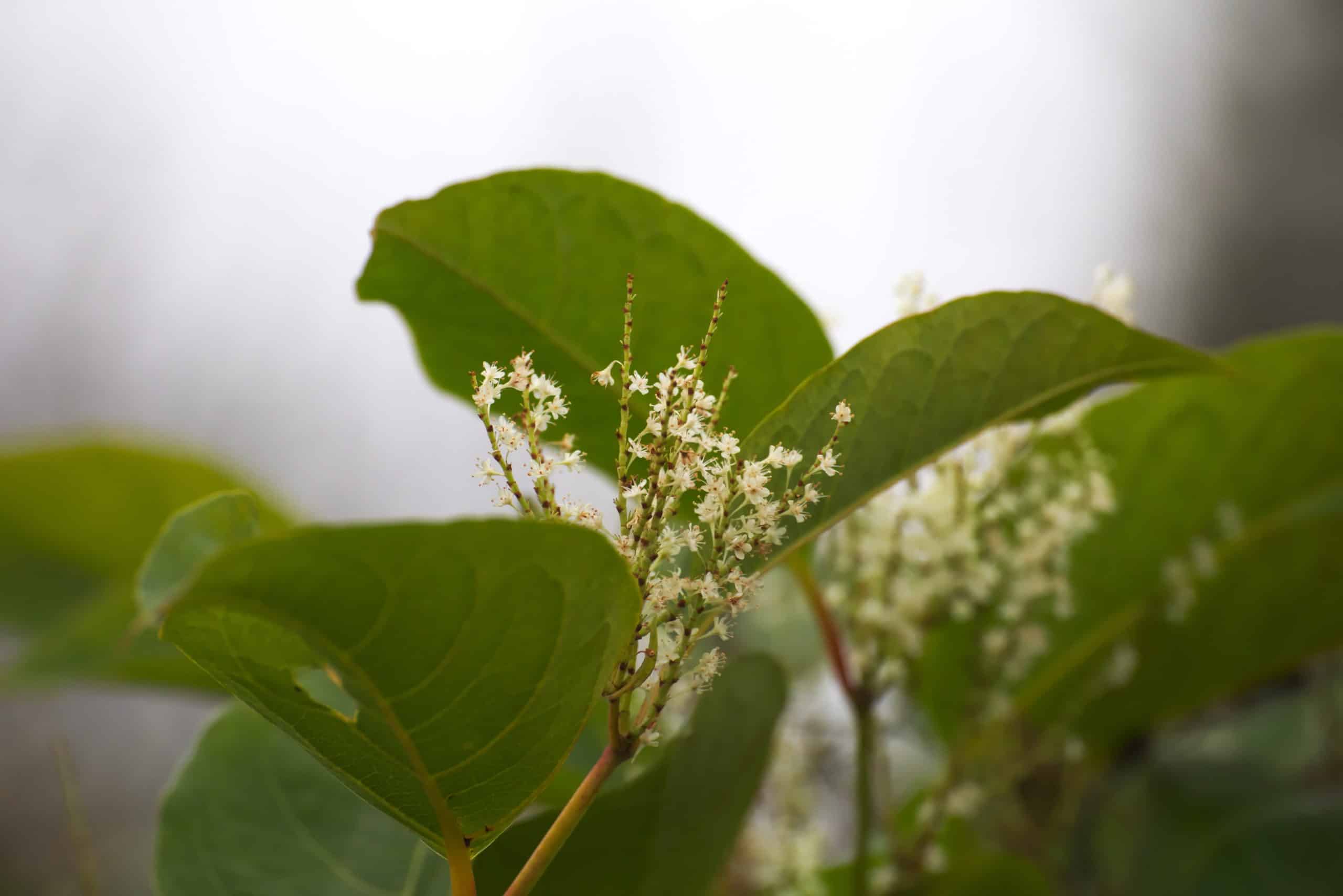Japanese Knotweed and buying or selling a property
Japanese Knotweed in the UK Today
According to a recent article in property investor today, Japanese Knotweed has wiped out £11.8 billion off the value of property in the UK, affects approximately 4% of homes, and knocks some 5% of the value of a property. As a result, around 890,000 households across the country suffer a typical fall in the price of £13,200 due to Knotweed.
Where will you find Japanese Knotweed in the UK?
The data reveals that South Yorkshire, Hampshire & West Sussex were the three counties with the fastest-growing cases.
How do I get rid of Japanese Knotweed?
Small clumps of Japanese Knotweed are relatively straightforward to manage and can be removed by the home gardener by digging or spraying with weedkiller. However, we recommend hiring a qualified, professional company to control large clumps. The advantage of using professionals is that they draw up risk reports and offer treatment plans that guarantee its complete eradication, which mortgage lenders usually accept. The following article on the gardenersworld.com website provides a plethora of information on Japanese Knotweed. The Environment Agency also provides helpful guidance in this article, “Preventing Japanese Knotweed Spreading.”
What if I don’t do checks for Japanese Knotweed?
Property owners who fail to stop the spread of Japanese Knotweed on their land can face fines and even a jail sentence under ASBO legislation. The plant’s spread is taken so seriously that Environment Agency guidance states landowners who discover it must prevent it from spreading into the wild. At the same time, anyone found to have allowed it to spread could be liable for a £5,000 fine or up to two years in prison.
I’m selling my house, and I think I have a Japanese Knotweed issue
If you think you have a Japanese knotweed issue, this has to be declared on the TA6 form if you’re selling an existing property, which is completed as part of the conveyancing process, it requires sellers to state whether the property is “affected” by Japanese Knotweed. To respond ” No ” to the Japanese knotweed question, a seller needs to be sure that no knotweed rhizome is present, including beneath the ground and within three metres of the boundary.



